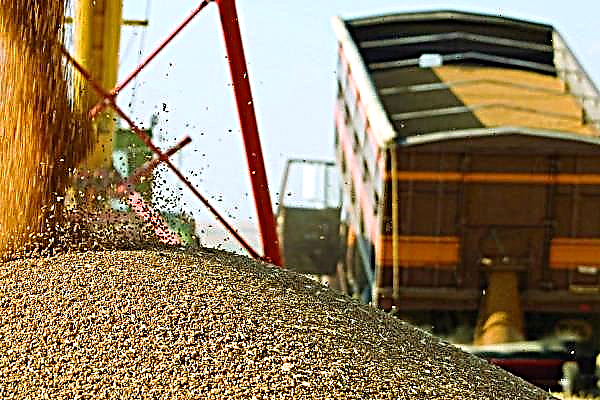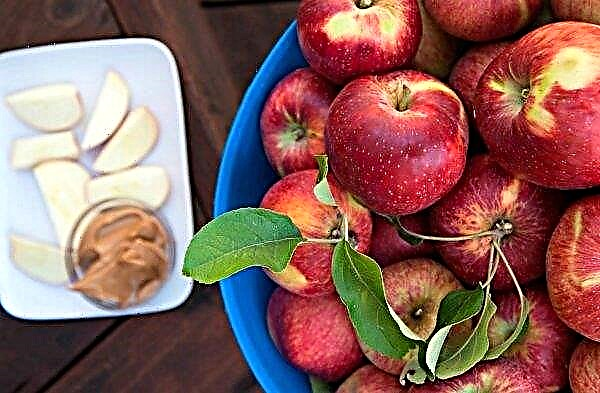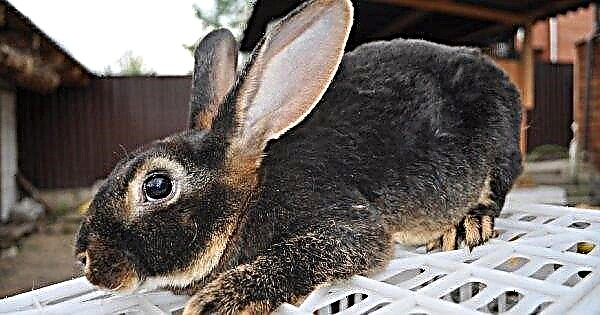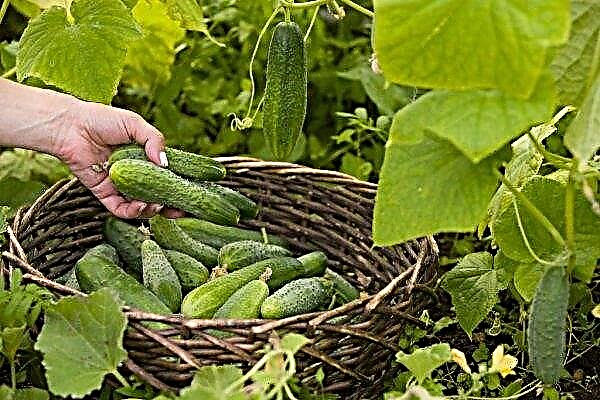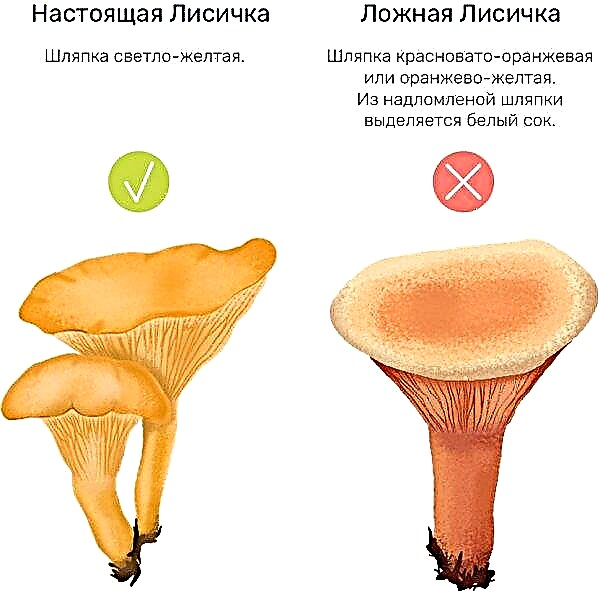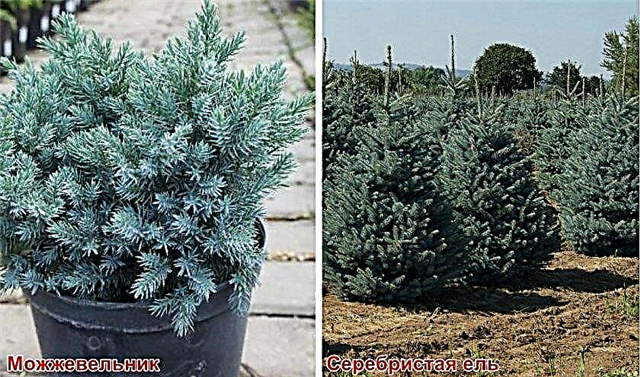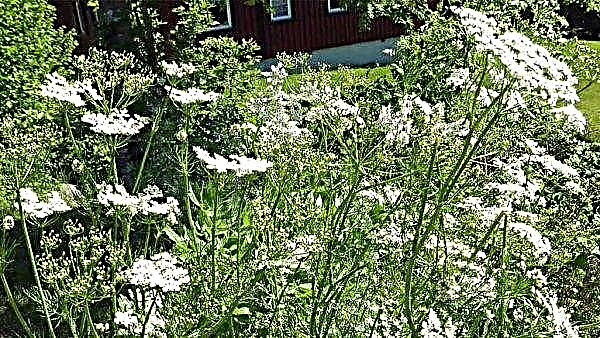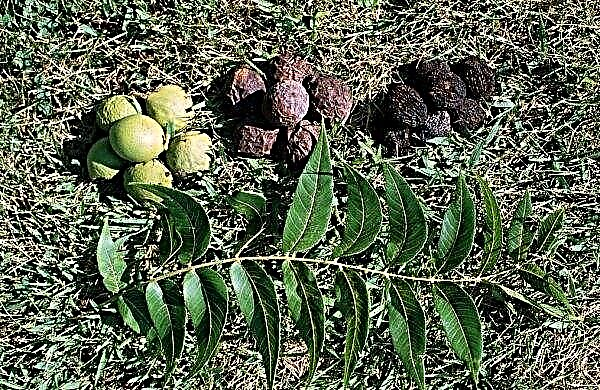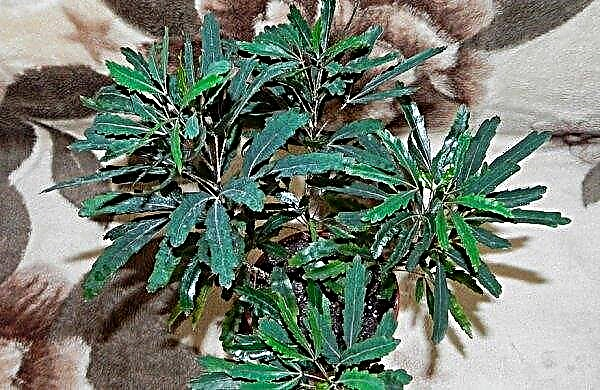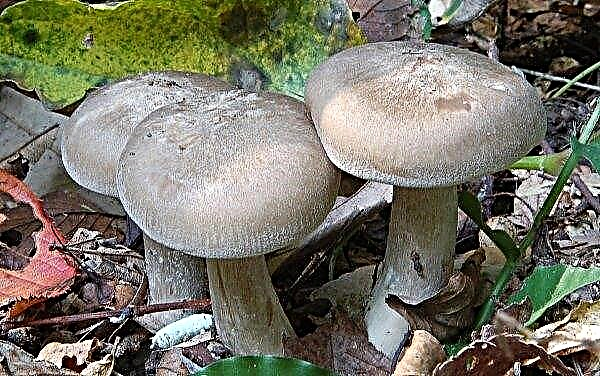Currently, a growing mountain of waste threatens the world. In response, the UK has created new mushroom-based material that can solve this global problem.
Mycelium is a new environmentally friendly packaging that can replace less environmentally friendly options such as plastic and polystyrene. The roots grow around the mold, forming a non-standard structure.
To make the product more durable, locally produced agricultural waste, such as corn and barley husks, is cleaned and added to the mycelium mixture. The roots act as a natural glue by gluing a mixture.
The final mass literally grows around the mold for several days. When it reaches its final shape, it is removed and heated to prevent further growth.
Can mushroom packaging be recycled? Since it is a completely natural product, mycelium decomposes like any organic product without harming the environment. Thus, it can be added to home compost, “transplanted” in the garden, or disposed of in a compostable garbage container.
 The way they feed mushrooms is related to the animal kingdom. They do not have chlorophyll and the ability to photosynthesis, and they only eat ready-made organics.
The way they feed mushrooms is related to the animal kingdom. They do not have chlorophyll and the ability to photosynthesis, and they only eat ready-made organics.
Depending on its size, the mycelium will completely disappear in 30-90 days. Most importantly, it does not leave negative side effects that can be harmful to wildlife or the environment.
Is mycelium packaging good for the environment? Yes! Mycelium is a completely new type of natural compostable packaging that, when destroyed, does not adversely affect the planet.
Unlike biodegradable plastics, there is no risk of potentially harmful microparticles entering the soil or water. The mycelium simply collapses without a trace.
The production of mycelium packaging is also much more environmentally friendly than plastic, it consumes less energy and produces 90% less carbon emissions.
This Christmas, Wildsmith Skin was one of the first cosmetic brands to try packaging mycelium.
- Import of mushrooms and truffles in 2018 cost Ukraine $ 300 thousand.
- Mushrooms can become the food of the future.
- Indian Mushroom Production Revolution: Shiitake Ripening.
- The first urban mushroom farm opened in Avignon.

